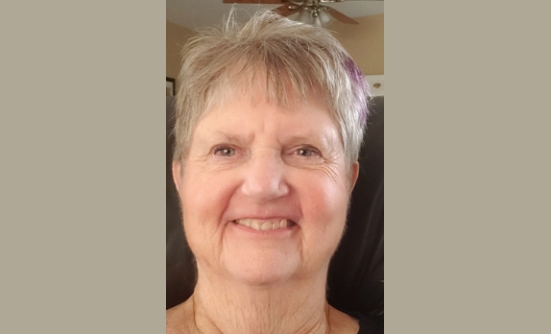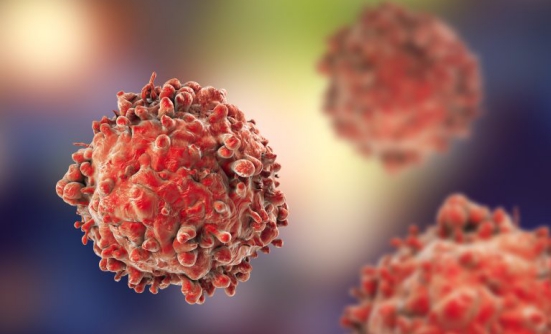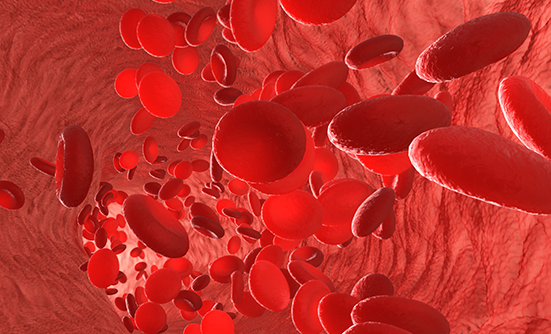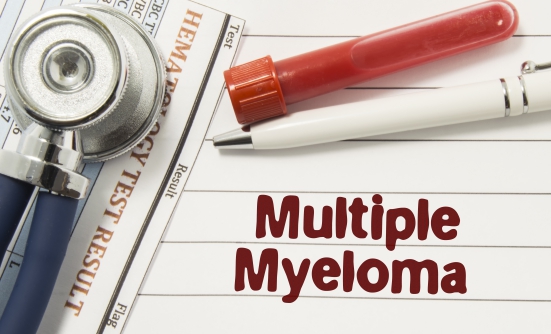Oral cancer medications account for 25% to 35% of the current cancer drug pipeline.1 Oral targeted therapies are appealing to patients with multiple myeloma, because they are less disruptive to their daily routines than other therapies.
Patients prefer oral oncolytic therapies because of their ease of administration, which involves swallowing a pill versus prodding for stubborn veins. When patients are prescribed oral therapy, they will likely spend less time at the clinic and more time doing what they want to do. Oral therapies are also less troublesome on a patient’s work schedule and are very convenient when traveling.
Although self-administering oral therapy is empowering for patients, the onus is on the patient to take the medication as prescribed (known as adherence). With patients having the responsibility of administering their own therapy, the issue of adherence needs to be addressed, especially because there is a 37% rate of nonadherence to oral cancer drugs.2
Reasons for Nonadherence
Why wouldn’t patients follow the “doctor’s orders” when nonadhering to medications can affect the efficacy of their treatment? The reasons are diverse. Sometimes patients may unintentionally not adhere to their treatment. For example, they may forget to take their medications, or they may not understand the necessity of taking their medications as prescribed, such as when they may take their medication on the correct days, but not during the correct times (eg, in the morning instead of at night), or on an empty stomach instead of with food; these patients may not realize that they are not adhering to their oral treatment regimen.
Other times, patients may deliberately change the way they take their oral medications. For example, if the management of side effects is not discussed with patients and/or their caregiver, then they may deviate from the prescribed dose or schedule, thinking that doing so is an appropriate way to control an adverse side effect.
Conversely, patients may increase the dose or the frequency of their treatment regimen, rationalizing that if a little of the medication is good, then more is better. In addition, if patients with multiple myeloma are in remission and use the oral oncolytics as consolidation or maintenance therapy, they may think it’s okay to skip a few doses, because their isease has already responded to the medication. Moreover, if the patient doesn’t believe in the benefits of the prescribed treatment, then they are more likely to be nonadherent.
Depression and other psychological illnesses may also contribute to nonadherence. Finally, the high cost of the medication can be a contributing factor to intentional dose reduction.
Medication adherence is not exclusively the responsibility of the patient. Rather, medication adherence involves the collaborative effort of the patient, healthcare team, insurance and pharmaceutical companies, and caregivers. There is no one simple solution to the problem of nonadherence.
Importance of Caregivers
Caregivers can play a significant role in ensuring that patients take their medication as prescribed. Studies have shown that access to a caregiver is associated with increased adherence to medications in other noncancer settings.
For example, Brooke Aggarwal reported that patients with cardiovascular disease who reported having or planning to have a paid caregiver were 40% less likely to be nonadherent to their medications compared with patients who reported not having or planning to have a paid caregiver; there was a similar but nonsignificant trend for informal caregiving.3
How can caregivers help patients adhere to their oral oncolytic therapy? First, because patients may be too ill or stressed to focus during a doctor’s visit, a caregiver can be that second set of ears when the oral therapy is initially prescribed, noting the correct dose, any special prescribing instructions (eg, the time of day to take the medication, any drug interactions to watch for), and whether the medication should be taken with or without food. The caregiver should write this information down so it can be referred to at a later date.
Caregiver and Patient Education
Patients are more likely to continue treatment if they understand the benefits of the therapy as well as the consequences of not following prescribing instructions. Periodically, not enough time is dedicated to these conversations in a busy practice. Caregivers can encourage the doctor or nurse to engage in these discussions.
Furthermore, patients may be hesitant to con-tact their doctors to clarify treatment issues or to complain about side effects. In these scenarios, caregivers can proactively ask questions about the side effects of the prescribed therapy, and how these side effects should be managed.
Caregivers should also know when it’s appropriate to contact the healthcare team concerning an adverse reaction, how to reach the care team, especially in the evening or over the weekend, and with whom to speak.
An open, trusting relationship with your healthcare team is essential to have the best possible outcome. It is vitally important that the healthcare team and patient communicate with each other effectively. The caregiver can foster this relationship by asking questions, discussing any concerns, and reporting treatment challenges.
Reminders
Caregivers can also help patients order their medication and work with the insurance company and copay foundations to solve any financial hardships that patients may encounter. In addition, caregivers can pick up patients’ medications and monitor when the next refill is needed. After all, patients can’t take medications that they don’t have!
Furthermore, caregivers can remind patients to take their medication, and monitor if it is being taken as prescribed. Caregivers can also assist patients in making a reminder calendar, setting up a reminder alert on their phone, or finding a user-friendly app that can serve as a pill-taking reminder.
Caregivers should watch for potential side effects and should manage them as discussed with the healthcare team. They should promptly report any new or severe side effects that the patient is having trouble managing. When side effects are properly managed, patients are more likely to continue taking the prescribed medication.
Although increasing adherence to oral oncolytics has no one clear-cut solution, effectively engaging and educating caregivers can be beneficial.
References
- Schwartzberg LS, Streeter SB, Husain N, Johnsrud M. Abandoning oral oncolytic prescriptions at the pharmacy: patient and health plan factors influencing adherence. J Clin Oncol. 2011;29(15 suppl). Abstract 6036.
- Osborne R. Management programs for oral oncolytics drive adherence and brand loyalty. Informed Decisions, Optimized Care. August 7, 2012. www.ubc.com/blog/management-programs-oral-oncolytics-drive-adherence-and-brand-loyalty. Accessed October 31, 2015.
- Aggarwal B, Liao M, Mosca L. Medication adherence is associated with having a caregiver among cardiac patients. Ann Behav Med. 2013;46:237-242.
In the February 2016 print issue of CONQUER magazine, on page 47, the wrong photo was used for Cynthia Chmielewski, the author of the Patient Perspective in the “Conquering the Multiple Myeloma Continuum” series. The correct photo is shown above.
















